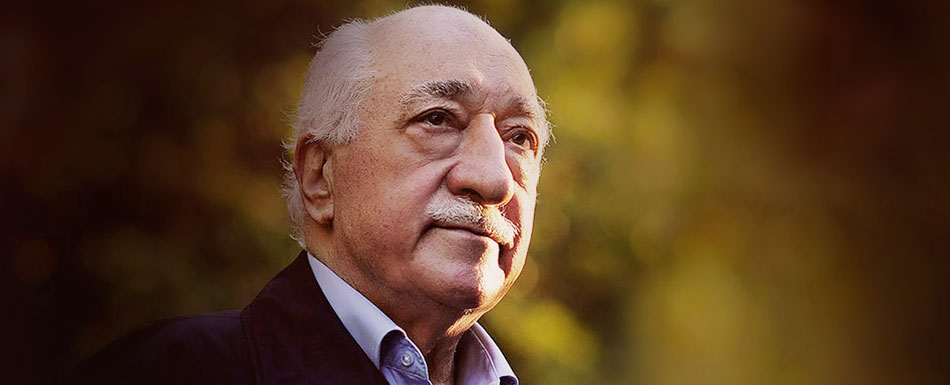This movement has spread around the world and has displayed great dynamism. Through what kind of process of exhortation or inspiration or education has this movement inculcated its mission in its followers?

In a hadith, it was stated: “The best of mankind are those who are beneficial for others. The meaning of expression ‘good deed’ is very vast. From the picking up and lifting a stone sitting on the path of people to the beneficial enterprises in economic life, to the establishment of educational institutions are all included in the meaning of that term. Those who enlighten the minds and hearts of people through disciplined knowledge; those who prepare for them different opportunities of employment, those who support the poor and the needy through almsgiving are the best of mankind.
When that was the situation, at every opportunity I got, as far as my tongue can manage, as far as my heart desired, I have explained to everyone the importance of education, the duties of every individual in economic development, to befriend others and remain to be friends, and the necessity of living open to tolerance and dialog.
These encouragements of mine found approval in the hearts of sacrificing people. For instance, Hacı Kemal of Aydın province was wealthy; he had olive orchard enough to sustain seven generations and a diamond mining business. After listening to my talks about education a few times, he sold his shops and even his house. He went into effort to provide scholarships to students. Whether I have done the right thing, I do not know, but one day, I told him: “Hacı Kemal! You and I must not have a house. Come; let us live in this world without owning even a small hut in this world. Let our state of affairs be the witness that we do not perform these good deeds for the worldly benefits, but only to earn the pleasure of God!” And this self-sacrificing and generous man, all his life lived in a rented house, in a modest room of a school, he did not leave anything worldly behind.[1]
Fethullah Gülen likens this process of action–reaction, to the total mobilization of the sacrificial acts displayed by the entire public during the War of Independence. What is brought out are the “… services for the nation by the nation, the sources of these are again the hearts of this public, their faith. Perhaps in order to trigger those hearts, it is necessary to make a little encouragement and persuasion about the importance of what they do.”[2] Fethullah Gülen believes that by providing this encouragement and persuasion, he is fulfilling a divine, national, and humane duty. He attributes the interest he found to his call to the kindness and mutual help already found in the hearts of those philanthropic people, who live in all the villages, towns, and cities of Turkey. He just triggered this sentiment, after that all the rest is what the people who have the love of God and humanity in their hearts did.
He talks about “the sweat of the youthful teachers who had graduated from the most distinguished universities of our country, working for a salary just equal to a scholarship.” He mentions how the teachers in one school abroad lived on potatoes for six months that the state had given them, how the cook preparing those potatoes brought his own food from home, and how three families lived together in a single house because of poverty. In the words of Fethullah Gülen, “… the water mill is running through sacrifice, sweat, tears, and the philanthropic sentiment of the self-sacrificing Anatolian merchants.”[3] For that reason, he characterizes this “Movement of Volunteers” as a civic society movement, which is not dependent on any outside power.
[1] Fethullah Gülen 2009a, 92–94.
[2] Fethullah Gülen 2010f, 222.
[3] Fethullah Gülen 2009a, 95.
- Created on .